An Angiogram Test is one of the most commonly used diagnostic procedures for assessing the condition of your heart and blood vessels. This procedure can provide crucial insights into the state of your cardiovascular system. However, many individuals wonder whether they can resume their daily activities immediately after undergoing this test.
Let’s explore the details of an angiogram test and guide you on when and how to safely resume your daily routines. North Queensland Cardiac Clinic (NQCC), Top Angiogram Test Clinic Pimlico, led by esteemed cardiologists Dr Dharmesh Anand and Dr Raibhan Yadav, is here to answer your questions and ensure you make informed decisions about your heart health.
- The Angiogram Procedure
- When Can You Resume Daily Activities?
The Angiogram Procedure:
Before we delve into when you can resume daily activities post-angiogram, let’s briefly outline what the procedure entails:
Preparation: You will be asked to fast for several hours before the angiogram. The experts will review your medical history and perform necessary tests, such as blood work and an electrocardiogram (ECG). Ensure you inform them about allergies, medications, or pre-existing medical conditions.
The Procedure: During the angiogram, you will be awake but sedated. A small incision is made in order to access the blood vessels, usually in the groin or wrist. A thin, flexible catheter tube is threaded through the artery or vein and advanced to the coronary arteries. Contrast dye is injected through the catheter, allowing X-ray images to be taken. You may feel a warm sensation when the dye is administered.
Recovery: After the procedure, you will be in a recovery area under observation for several hours to ensure no complications, such as bleeding or allergic reactions to the dye. Your vital signs will be monitored, and the insertion site will be checked for any signs of bleeding or infection.
When Can You Resume Daily Activities?
Immediate Post-Procedure Period: You must rest a few hours immediately after the angiogram. During this time, you should lie flat and avoid any sudden movements. Your medical team will monitor your vital signs and the insertion site for any issues.
Day of the Procedure: It’s advisable to have someone accompany you to the clinic or hospital for the angiogram, as you may be unable to drive home. On the procedure day, avoiding strenuous activities, lifting heavy objects, or driving is best.
Next Few Days: Most patients can resume light activities, such as walking and climbing stairs, within a day or two after the procedure. However, avoiding vigorous exercise, heavy lifting, and driving for at least 24 to 48 hours post-angiogram is essential. Your doctor will provide specific instructions based on your case.
Follow Your Doctor’s Advice: Your cardiologist will provide personalised guidance on when you can return to your regular activities. This advice will consider any specific issues or complications that may have arisen during the procedure.
Final Words
An angiogram is a valuable diagnostic tool providing critical information about your heart health. Under the expert guidance of Dr Dharmesh Anand and Dr Raibhan Yadav, North Queensland Cardiac Clinic, Top Angiogram Test Clinic Pimlico is committed to helping you maintain a healthy heart. Feel free to contact us if you are searching for an ‘Angiogram Test Centre Near Me’ or have more concerns about your cardiac health and the tests.

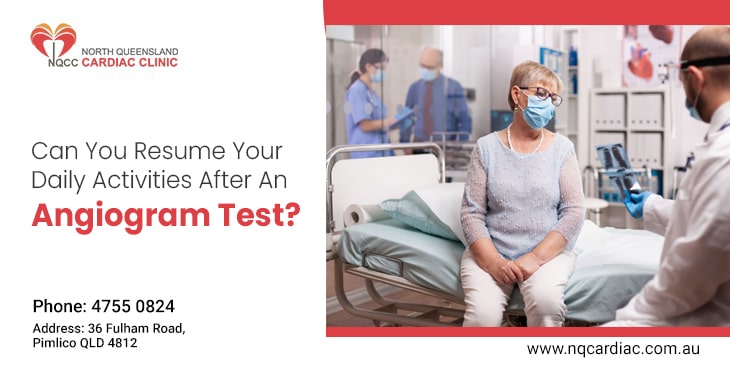
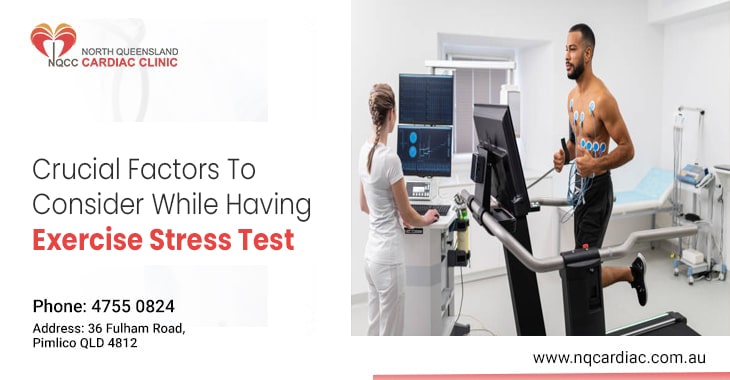
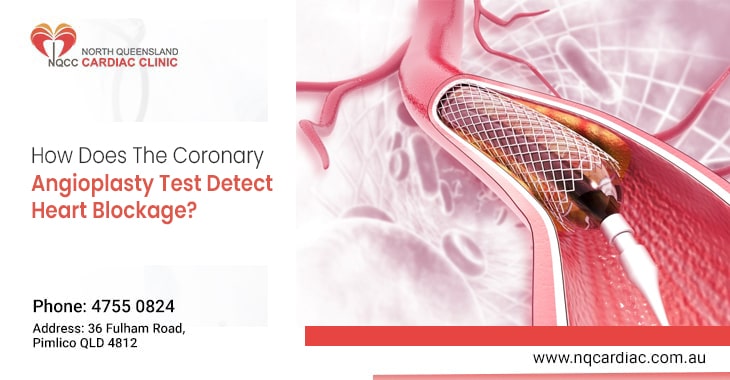
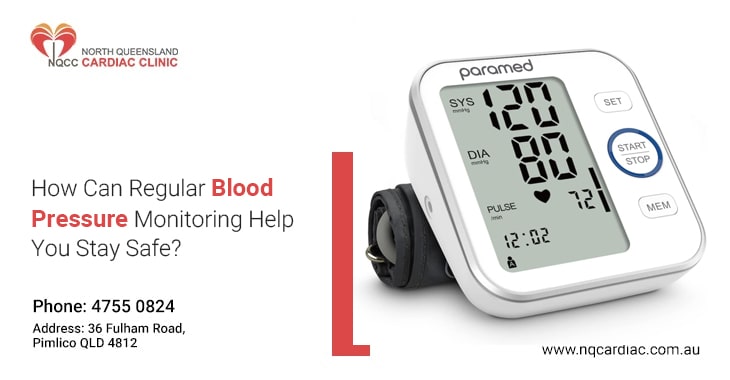
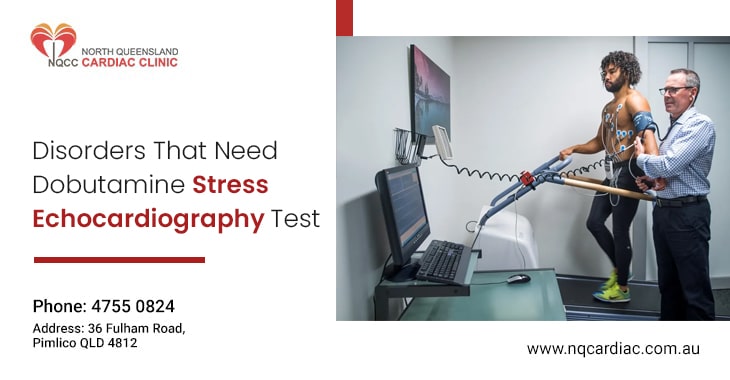
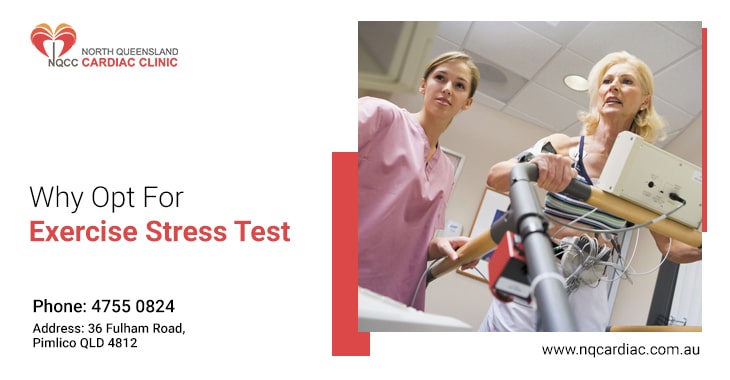
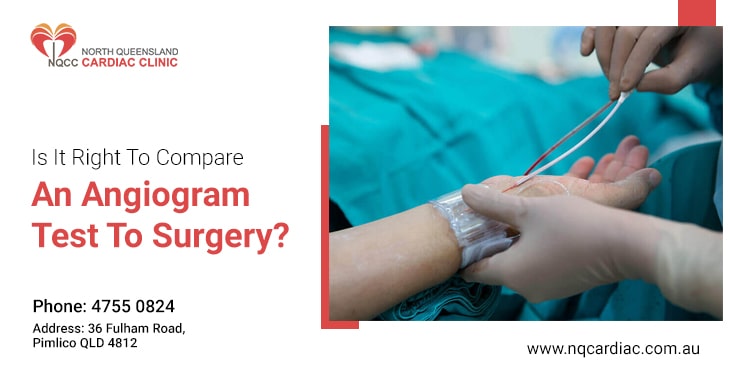

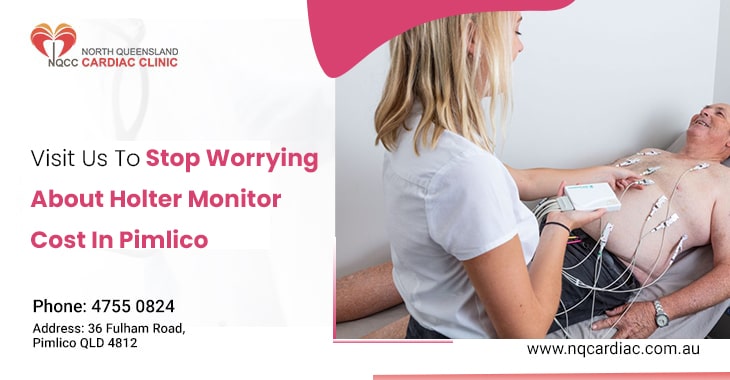
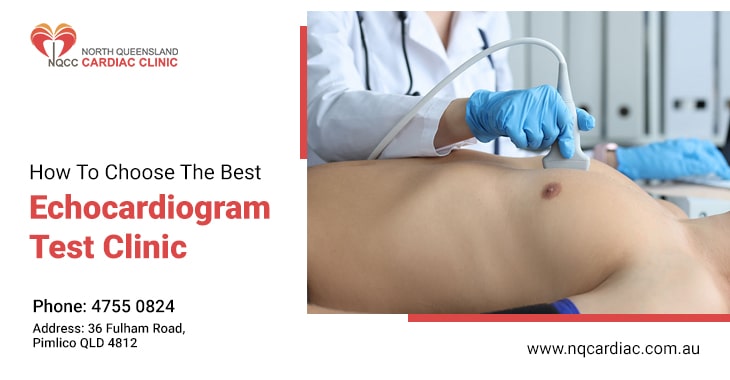
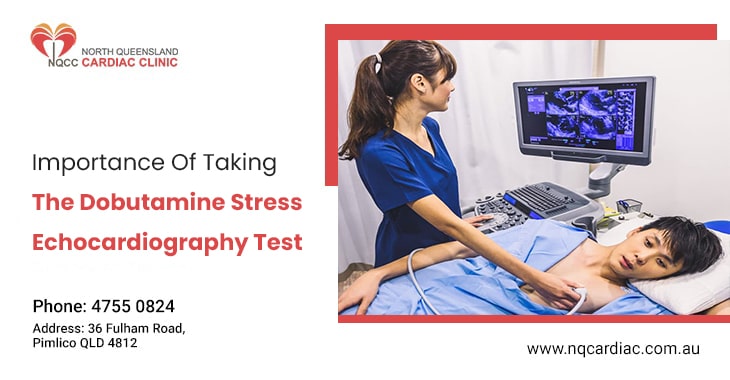
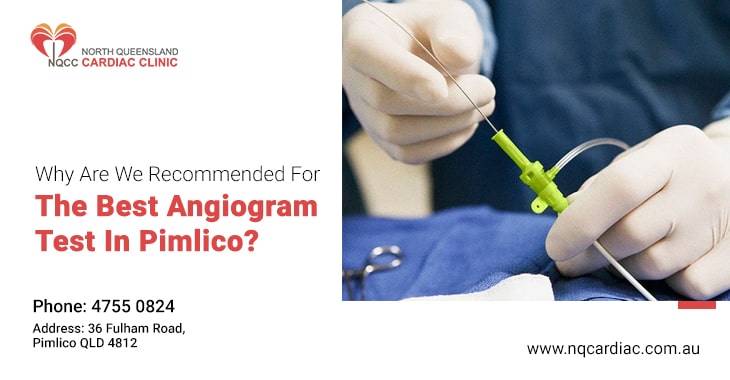
Recent Comments